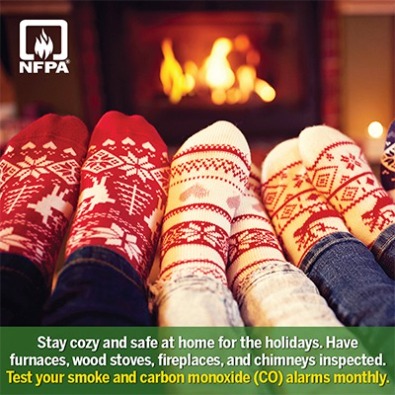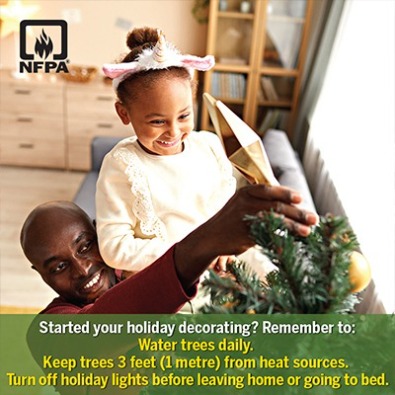Holiday Fireplace Safety TipsHOLIDAY FIREPLACE SAFETY TIPS

The National Fire Protection Association (NFPA) Recommends

The National Fire Protection Association (NFPA) Recommends
|
Holiday Fireplace Safety TipsHOLIDAY FIREPLACE SAFETY TIPS

The National Fire Protection Association (NFPA) Recommends

The National Fire Protection Association (NFPA) Recommends
|